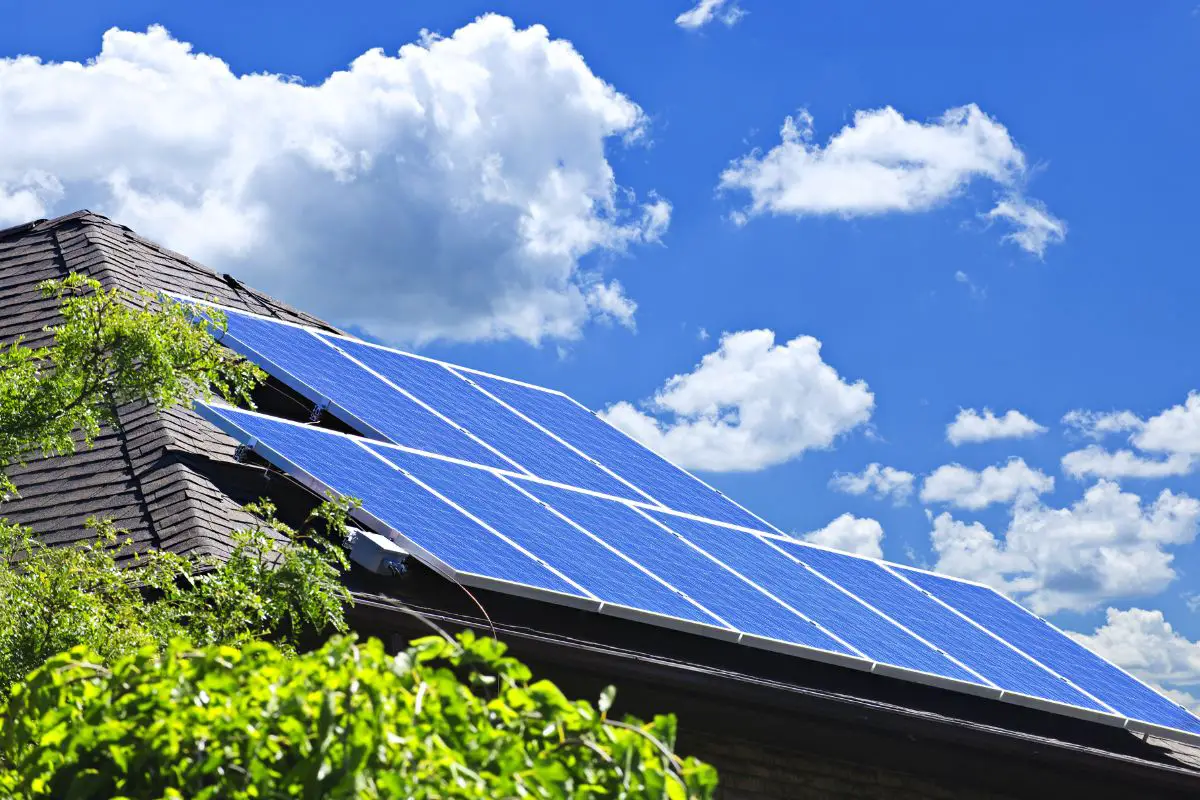Leasing Solar Panels: Is It a Good Idea in 2024 (Pros & Cons)
So, you want to set up a solar panel system on your roof. The only thing that is stopping you is the high initial investment.
The good news is, direct purchase is not the only way to enjoy the benefits of solar energy. Leasing solar panels is a way for you to have your cake without having to pay for it.
However, many homeowners are not sure whether to buy or lease solar panels. And it’s not a good idea to choose one option over the other without understanding the pros and cons of solar panel leasing.
Time to dig deeper into the details of solar panel buying vs leasing and find out which one is the best option.
How Does Leasing Solar Panels Work?
News flash: the average cost of installing a 6kW panel system is around $12,573 after considering the federal tax credits. The final costs may vary depending on state regulations and local incentives.
Small wonder that such a thing is a free entry into solar sounds quite appealing.
Similar to renting a property or a car, you do not own the leased solar panels. In fact, there’s not much of anything to do on your side. The leasing company will inspect your premises and assess your energy needs. Then, it will install solar panels on your roof and you can start juicing off the energy without spending a dime on upfront costs. Many companies offer a zero upfront payment option to make it pocket-friendly for customers.
The truth is, some companies do charge a small amount as a down payment. However, that’s nothing compared to all the thousands you’d otherwise have to spend to own the panels.
The panels are owned by the solar panel provider or the leasing company to whom you’ll pay a fixed monthly fee. Obviously, this amount is less than the monthly power bill that you pay to ensure savings. In most cases, the agreement is a long-term lease, locking you into a period of 10 to 25 years. At the end of the lease, you may have the option of renewing the lease or purchasing the panels at a reduced price.
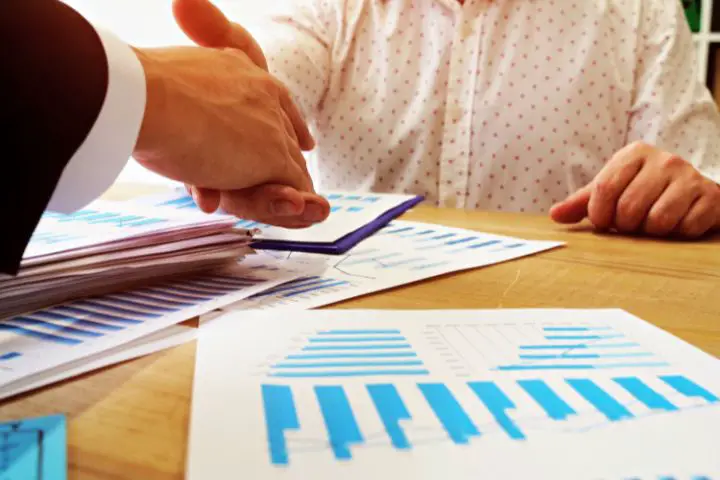
There are quite a few companies that offer solar leasing options. But, not all of these companies are panel manufacturers. Only a few companies like SunPower and SolarCity manufacture their own panels. The company may have its own solar installation team, or subcontract local installers to get the job done.
But how much will it knock out of your pocket every month?
The monthly payment for the lease can vary between $50-$250 depending on many factors. These include the monthly energy requirement, the location, and the company. Some companies like SunPower also offer monthly lease options.
You also get an energy production guarantee in kilowatt-hours (kWh) of electric energy which is calculated by a monitoring system. This will be mentioned in the lease agreement. In case the energy production is below the estimated range, the installer will compensate you for the shortfall. Generally, the guarantee comes down over time, as the system ages.
Now, you may wonder, how much money will you save leasing solar panels?
Let’s assume that your average monthly utility bill is $160 and the monthly solar lease payment is $120. So, you save $40 per month or $480 in the first year. Now, there will be annual price surges during the lease period depending on the rise in power charges. This increase or annual escalator is listed in the lease agreement and is usually around 3%.
Think about it this way. When your monthly lease payment is higher or almost equal to your energy bills, leasing panels does not make much sense. Even if the power charges decrease by a little in the coming years, you may end up paying more for the lease.
Here’s another issue that often confuses buyers: the difference between solar leases and solar power purchase agreements (PPAs).
A PPA is also a contract that is valid for 10 to 25 years. The developer is responsible for the operation and maintenance of the system. That means both leases and PPAs will get you locked in a 10-25 year contract.
The main difference is in the way you pay the panel company. In a PPA, the monthly payment is based on your energy consumption. The price per kWh is lower than the local utility company charges allowing you to make some savings. So, depending on the charge per kilowatt-hour (kWh), your monthly costs will vary.
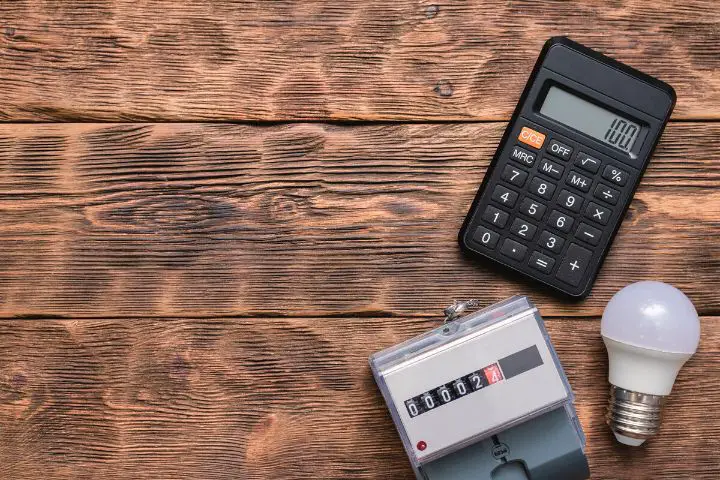
Typical Terms of a Solar Lease: What to Look Out for
It is important to enter into a solar panel lease agreement with a panel provider who has a proven track record and reputation. Now, each lease can be different depending on the company. However, there are some similar basic terms in every lease.
Here are some of the important aspects to check in any solar lease agreement.
- Monthly charges: Make sure that the monthly charges are clearly mentioned and that you can understand the total cost of the lease.
- Lease duration: Extending the lease duration can help in lowering the monthly charges. However, this means that the panels will remain on your property for longer periods.
- System specifications: Check the specifications of the system and its size to ensure that it will meet your energy needs.
- The purchase option: At the end of the list, you should have the opportunity to “buy out” or gain ownership of the panels at a reduced price. So the purchase options should be clearly mentioned in the agreement.
Keep in mind, the annual increment rates on the monthly charges can add up quickly. Make sure that the arts are clearly mentioned in the lease agreement.
According to Vikram Aggarwal, the CEO of Energy Sage, “In the past, leases had aggressive escalation rates, while utility prices did not move up as fast. This would cause lease payments to grow to be equal to or higher than electric utility costs.”
The other thing is to consider the conditions and potential early termination fees in case you want to sell the property before the lease ends. Many companies demand high termination and transfer fees. Also, include a moving option for the panels, in case you move to a new home in the same locality and want to continue the lease.
Yolanda Muckle, a real estate agent, shared her experience with a client who listed their house on sale but had 19 years left on the solar lease.
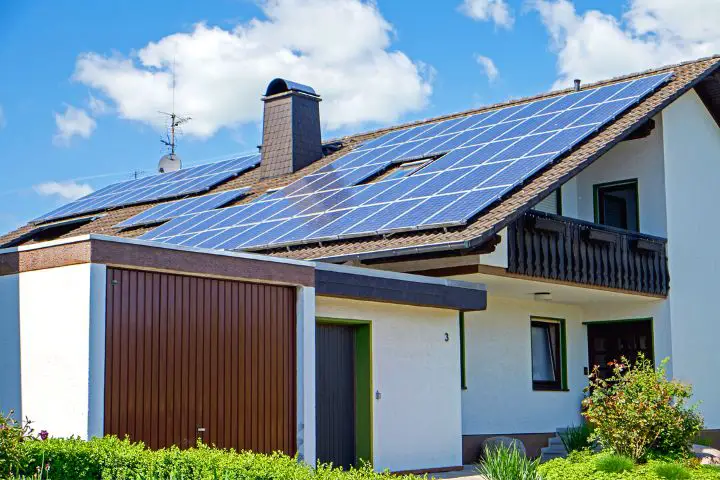
“I received three offers on the house and all three buyers walked. I honestly don’t think my clients read the lease agreement. They just believed what the salesperson told them, that it would increase the value of their home,” she told the Washington Post back in 2015.
This makes it necessary to go through the details of the lease agreement and understand the implications of each clause. There should not be any hidden costs that might catch you by surprise somewhere down the line. If needed, take help from your accountant before you sign the agreement.
Beyond that, you may be thinking of leasing land for solar panels. The financial aspects of such an arrangement will involve more factors like the land location, number of acres, and proximity to the substation. The agreement should include periodic rate increases and the renters should bear any additional tax implications for the landowner.
Also, take into account the decommissioning of the panels and the restoration of the land at the end of the lease. This will also help in avoiding any issues with solar panel recycling.
Does a Solar Lease Make Long-term Financial Sense?
Before we go into the financial details, let’s answer the common question – do you get a tax credit when leasing solar panels?
No. You can’t claim any tax incentives on leased solar panels. Nor will you be able to pocket any money from policy incentives like solar feed-in tariffs (FITs). The leasing company will skim those off.
Next, buying solar panels adds to the value of your home and makes it a more attractive option for potential buyers. Quite simply, that can be a big plus in a competitive market. However, as we’ll see in a bit, leasing solar panels may have the opposite effect and make the sale more complicated.
Not many buyers will be willing to invest in a property with a solar lease on it. You might be able to convince the new owners to transfer the lease to their name – but I wouldn’t bet on it. The other option is to buy out the remaining lease at a high price.
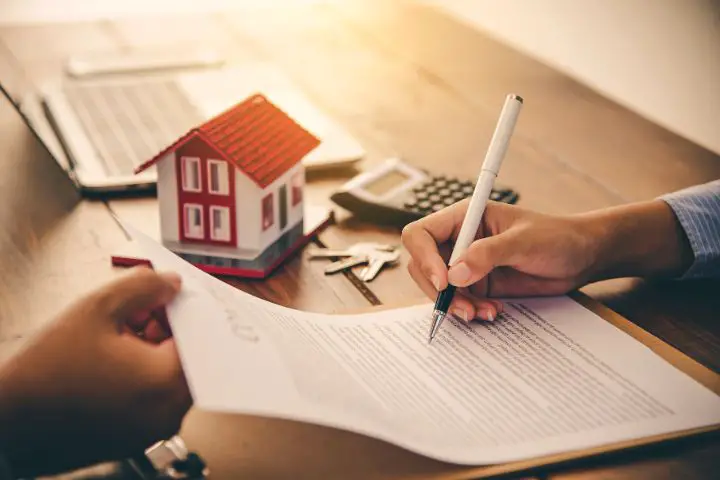
Unfortunately, for some homeowners, this may turn out to be a trap. Consider the case of Fiona Baker, a retiree who needs to sell her home.
“I am retired with MS and myotonic dystrophy, and need to sell my house, but the buyer won’t go ahead unless I have the panels removed. This is apparently not possible until the lease expires at the end of the 25 years,” she explained to The Guardian.
On the other hand, Julie Griffiths managed to sort it out with the leasing company by buying out the panels she’d leased. But the process burned a hole of some £16,000 in her pocket.
Let’s head back to balancing the financial benefits of leasing vs owning solar panels. For that, you need to calculate how much you will save from both options. However, that’s a tricky calculation for solar panel owners.
Once you know the upfront cost of the solar panel array, you need to calculate the energy that it will produce and compare it against your energy consumption.
The energy produced will not only depend on the system size but also on the solar irradiation levels in your locality and the orientation of your home. To find out your average solar consumption, consider at least six months of power bills. The easiest option is to use a reliable online calculator to make the calculations.
Let’s assume you have invested $12,000 in a solar array after deducting the tax credits. If you save $125 per month, you will save $1500 per year. Such a system will pay for itself within 8 years.
In general, most user-owned solar installations have a payback period between 7 to 10 years. Beyond the solar payback period, you can enjoy solar energy for free which will add to your long-term savings. And considering that most solar panels have a life of 25 years, you can end up saving a lot.
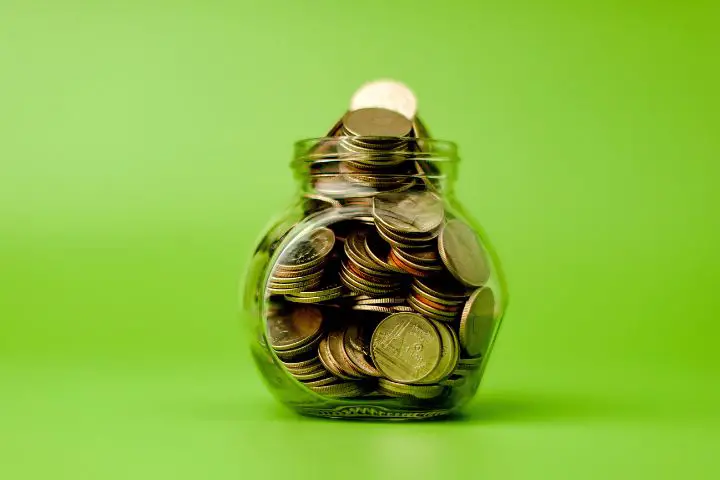
When it comes to leases, you will have to keep paying the monthly fees till the end of the lease. Moreover, the amount will increase annually depending on the escalating factor mentioned in the agreement. This limits the overall opportunity for savings.
Assume the first year’s monthly payment to be $120 for a lease. Without considering the annual escalations, you will end up paying $36,000 for a 25-year lease. Even if you deduct the monthly savings from that amount, you will end up paying more than what you’d have paid for purchasing the panels.
Now, you may accept that by saying you are not ready to make an initial steep investment for buying panels. But hang on a minute – what about taking a solar loan?
A solar loan is a loan that you take for buying panels and they come with zero-down offers. Once you pay back the loan, you become the owner of the panels. Besides, with a solar loan, you can take advantage of the 30% federal tax credit as well.
The monthly amount you have to pay for a solar loan will depend on many factors and can be higher than solar lease monthly payments. But most loans are paid back within 5 to 15 years. When you compare this with a 25-year solar lease, the loan will help you to save more.
Obviously, you will need the right credit score to qualify for a solar loan. If that’s not an issue, a solar loan will offer a higher return on investment than a solar lease.
The Pros and Cons of Leasing Solar Panels
Pros

- By leasing solar panels, you can avoid the high upfront costs. Not only can you start saving money from day one, but you also support the environment without having to make an initial investment.
- For any solar PV system installed between 2022-2032, you get a federal tax credit of 30%. However, if you do not have sufficient tax liability to take advantage of this rule, leasing solar panels makes more sense.
- Leasing provides a simple way to take advantage of solar power. You don’t need to handle the panel monitoring, repair, and maintenance costs. The installer will take care of all these issues.
- Most solar leases come with power production guarantees. In case the panel production falls, the monthly payments will decrease. This reduces the risks involved.
- If you are not a homeowner but want to make use of renewable energy, leasing is a good option for you.
Cons
- Since you are not the owner of the solar panel system, you do not qualify for tax credits and incentives. In case you live in a locality where you can get significant incentives, purchasing solar panels could be a better option.
- The long-term savings potential from leasing is not as high as owning the panels. Moreover, with leasing prices rising every year, the expected cost benefits will come down.
- A big disadvantage of leased solar panels is they do not add tangible value to your property. Quite the contrary! If you are planning to sell the property, the lease can deter potential buyers.
- If you wish to move, breaking the lease can be a pain. The company may demand a high amount for breaking the contract.
- In case your electricity consumption is lower during some months, you may end up paying more in terms of monthly charges. Likewise, if the price of electricity comes down, you may not get the benefits.
- Since you do not own the system, making any modifications or DIY-ing anything will not be possible.
Bottom Line
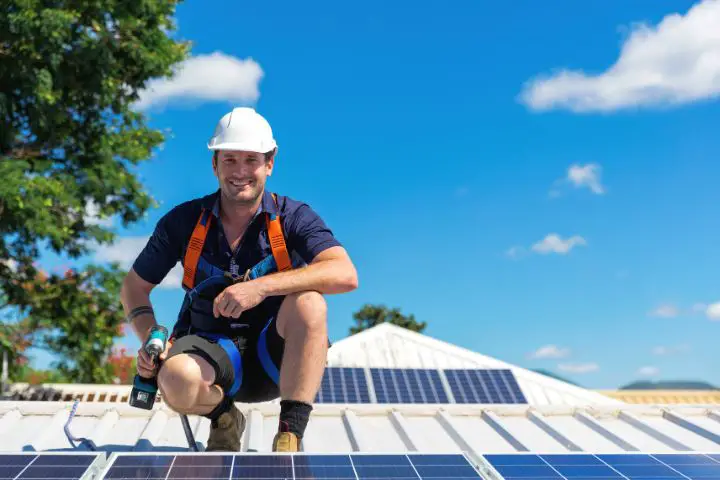
If you want to get the benefits of solar energy but lack the funds to make an initial investment, leasing can be a good option. Still, we would suggest that you compare the leasing terms with a solar loan and take the decision that makes more financial sense.
Make no mistake about it, a solar lease will help you save money. Otherwise, the concept would not have taken off at all. But the overall savings will be much less compared to the other options. In fact, leasing made more sense with the previous generation of solar panels which were priced much higher.
On the other hand, you may have the money to make the upfront payment and just like me, prefer to maximize the return on your investment. In that case, buying the solar panel array is the best option.

